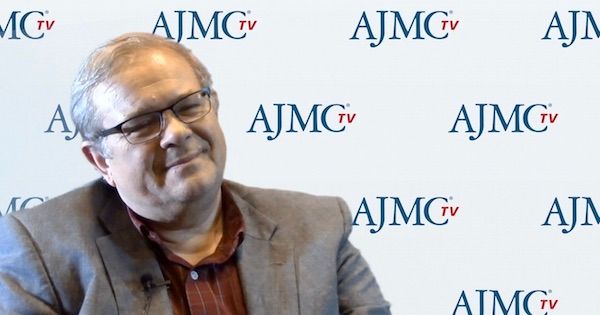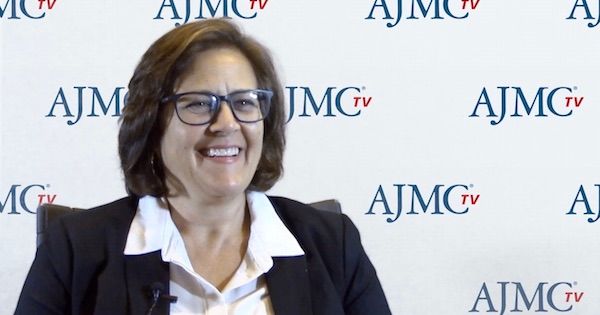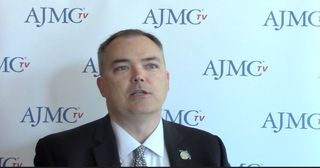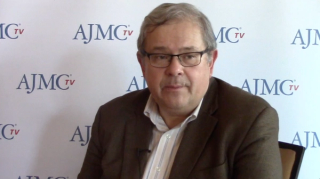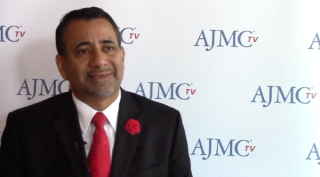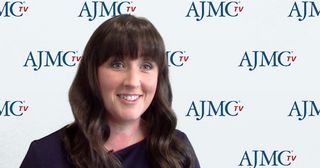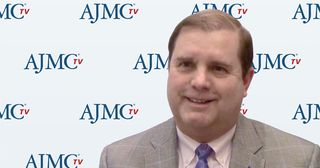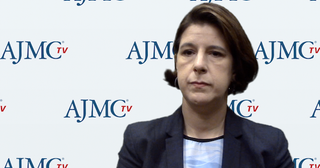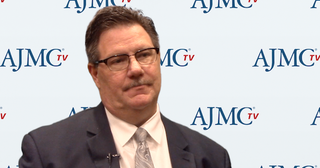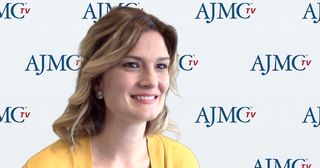
Oncology
Latest News
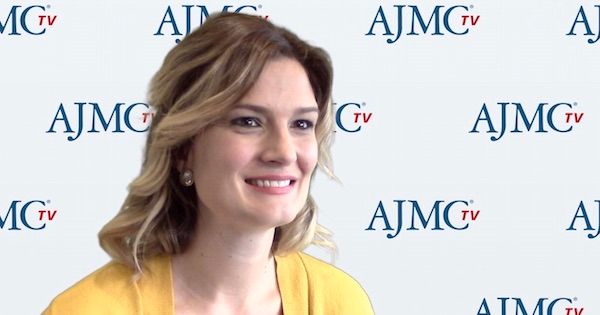
Latest Videos

More News
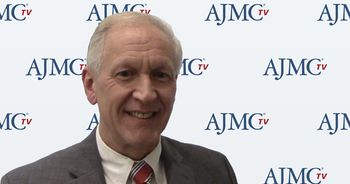
With all the regulatory changes that CMS and HHS are rolling out, community oncology practices are facing significant changes in how they take care of patients, said Barry Russo, chief executive officer of The Center for Cancer and Blood Disorders.
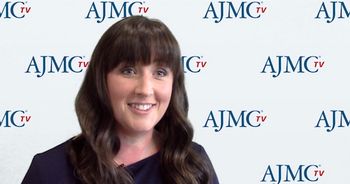
The core of the work that care coordinators do is done behind the scenes so that all of the core information is in the chart when the doctor is meeting with the patient, said Jessa Dunivan, patient services manager, Northwest Medical Specialties.

This week, the top managed care news included a study demonstrating that diabetes drug canagliflozin cuts the risk of renal failure and death; the FDA approving the first targeted therapy for metastatic bladder cancer; approximately half of all cancer deaths are attributable to modifiable risk factors.
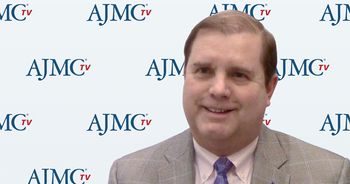
Using oncology care pathways and treatment pathways has helped practices use evidence-based data to facilitate them to be sure they are using the right drug for the right patient at the right time, said Ray Page, DO, PhD, president and director of research at The Center for Cancer and Blood Disorders.

https://www.pharmacytimes.org/on-demand/the-era-of-parp-inhibition-in-cancer-management-patient-selection-and-deciding-when-to-use-in-treatment-enduring

AJMCtv® interviews let you catch up with experts on what’s new and important about changes in healthcare. The interviews provide insights from key decision makers-from the clinician to the health plan leader to the regulator. When every minute in your day matters, AJMCtv® interviews keep you informed. You can access the video clips at www.ajmc.com/interviews.



When breast cancer spreads, it often goes to the bones, and new research has found that exposure to dim light at night may contribute to this spread. Results from the animal study were presented at ENDO 2019, the annual meeting of the Endocrine Society.
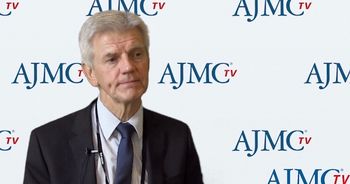
There are disparities in access to innovative therapies and entries into clinical trials, but FDA's recent proposed guidance could help close gaps, said John W. Sweetenham, MD, senior director of clinical affairs and executive medical director, Huntsman Cancer Institute at the University of Utah.

Conference coverage updates from the Community Oncology Alliance's annual meeting.

Updates from the Association of Community Cancer Centers annual meeting.

Policy updates from the National Comprehensive Cancer Network's annual meeting.

Clinical updates from the National Comprehensive Cancer Network's annual meeting.

We learned that a true patient-centered approach would be a combination of objective, numerical, centripetal measures defined in the Oncology Care Model (OCM) and subjective centrifugal emotions, aspirations, and expectations. We created smart teams, enabling an efficient transition from volume to value. These exercises were similar to building a higher pyramid on top of what we already achieved during our journey toward Patient-Centered Speciality Practice (PCSP) accreditation by the the National Committee for Quality Assurance in 2015. Although the transition to being a PCSP was speciality agnostic and truly patient centric, the OCM gave us a blueprint that was specific to the needs of PCCC.

In an article published in Electronics Magazine on April 9, 1965, Intel cofounder Gordon Earle Moore noted that the number of transistors in an integrated circuit doubled every year. He extrapolated that this rate of growth in computing power would continue to double every 2 years throughout the late 1960s and in to the 1970s and 1980s. The prediction, which became known as Moore’s Law, proved prescient. Intel and other industry leaders took this as both a prediction for the pace of innovation and a push for the industry to create “computing [that] would dramatically increase in power, and decrease in relative cost, at an exponential pace.” From 1965 to today, the technologies, depth of innovation, and corresponding impact from discoveries made in the pursuit of achieving and sustaining Moore’s vision have affected our lives in profound and unexpected days. Conversations rarely take place today without someone glancing at a smartphone to close a business deal, to let family know they will be late, or to post pictures of the conversation on a social media site.

Academic medical centers and a group representing community oncology practices have both raised concerns about CMS’ proposed reimbursement plan for chimeric antigen receptor (CAR) T-cell therapy, the individually manufactured gene treatments that are revolutionizing cancer care. The plan will be finalized next month, a year after the federal government launched a national coverage analysis to determine how to pay for these lifesaving yet expensive cancer treatments.

Patients with hematologic malignancy who are undergoing chemotherapy or a conditioning regimen for hematopoietic stem cell transplant (HSCT) are at high risk of infection because of the severity and duration of neutropenia. Fever with neutropenia is a common presentation that suggests an infection leading to empiric antibacterial therapy. To prevent infection and thus the neutropenic fever, antibacterial prophylaxis, especially with fluoroquinolones, emerged as a common practice based on results of 2 randomized controlled trials published in 2005 that showed reduced incidence of fever and bacteremia despite lack of a mortality benefit.

Research documentation is a critical aspect of running a clinical trial. Key patient information such as informed consent, adverse events (AEs), concomitant medications, and medical and surgical histories are collected and used to determine patient safety and efficacy as the trial proceeds. Ultimately, the sponsor may make decisions—ranging from modifying the dose of the investigational drug to closing the study due to AEs—based on the data collected.

To begin a session on the reimbursement of genetic testing during the Florida Society of Clinical Oncology’s annual meeting in Kissimmee, Florida, incoming president Luis E. Raez, MD, put things in perspective: “I’ve been practicing for more than 30 years, and it used to be that when you would explain a treatment plan to a patient, they would ask if they’re going to respond to it and you would have to say ‘I don’t know.’ Now, with genetic testing, hopefully you can say ‘yes.’”

Making lifesaving but costly cancer therapies available to patients requires collaboration across the healthcare system, agreed a panel of stakeholders at the Business of Oncology Summit hosted by the Florida Society of Clinical Oncology.
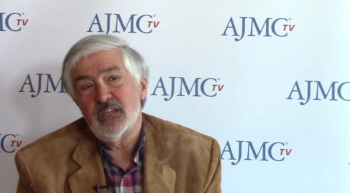
Thomas Marsland, MD, talks about financial toxicity and the effect it has on patients.

In a panel discussion during the Business of Oncology Summit hosted by the Florida Society of Clinical Oncology, survivors and caregivers described how their cancer journeys were affected by financial toxicity.

In a disucssion about closing the rural cancer care gap, 3 themes emerged: local efforts, clinical trial access, and telehealth.

Community oncology practices need to come together as much as possible in order to respond to changes in the market, have a common voice, and to share best practices and learn from each other, said Barry Russo, chief executive officer of The Center for Cancer and Blood Disorders.

